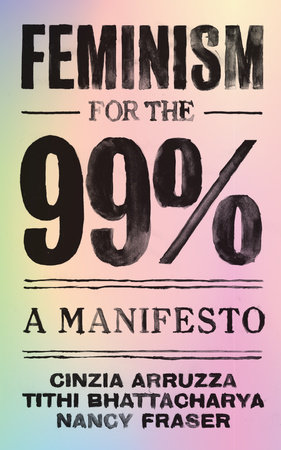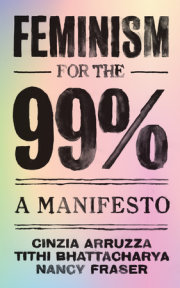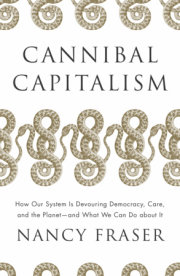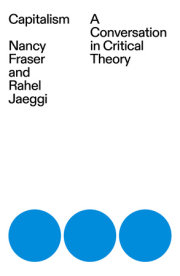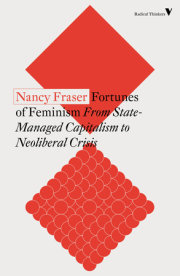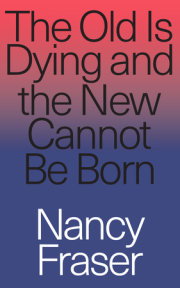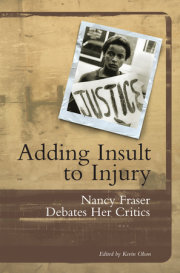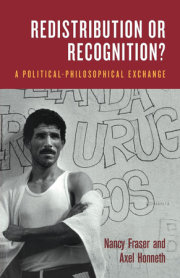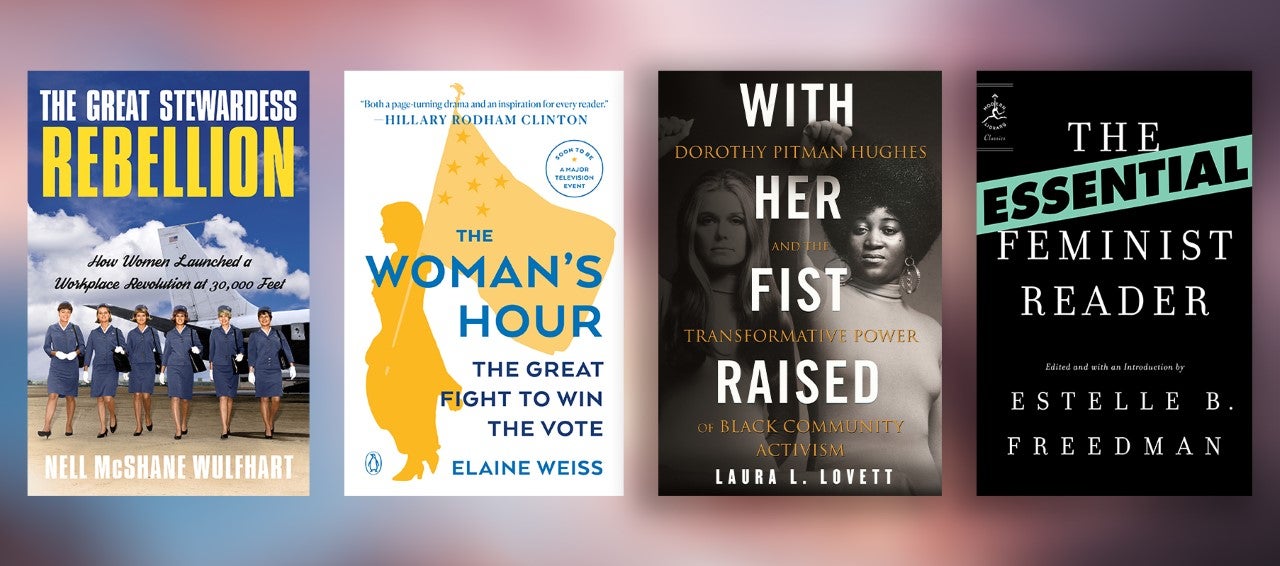“[The authors] cut through the corporate feminist ‘Lean In’ noise to offer a feminism rooted not just in intersectionality of identity but also in economic justice. After years of books on feminism that have started to say the same thing, everyone (not just women!) should buy this one.”
—Vogue
“[Feminism for the 99%’s] captivating vision of feminism is not a standalone movement, isolated from battles against the exploitation of people or the planet … in contrast, [it] calls for radical movements to join together in a ‘common anti-capitalist insurgency.’ Where do I sign up?”
—Red Pepper
[Arruzza, Bhattacharya, and Fraser] have collaborated and written what is effectively a prospective programme for the global women's movement, a feminist manifesto for the 99%.”
—Socialism Today
“Fulfils the serious promise of its subtitle, ‘a manifesto’, as it makes feminism generally applicable and available – and addresses the crisis of capitalism as a feminist issue … excellent.”
—Peace News
“A treatise for an intersectional, socialist feminism that centers collective power over power for just a few.”
—Jezebel
“A visionary, relatable and all-encompassing resource valuable both to the collective committed to achieving a feminist informed anti-capitalist society and to those who are yet to be haunted by the spectre.”
—Felicity Adams, Feminist Legal Studies
“[A] timely, fiery manifesto … Arruzza, Bhattacharya, and Fraser herald the arrival of a new internationalist, anticapitalist feminist movement … The feminism they describe is universalist and collaborative, in solidarity with antiracist, queer, environmental, migrant, and labor rights movements also endangered by capitalism.”
—Publishers Weekly
“‘An anti-capitalist feminism has become thinkable today,’ Cinzia Arruzza, Tithi Bhattacharya and Nancy Fraser argue in Feminism for the 99 Per Cent, ‘in part because the credibility of political elites is collapsing worldwide.’ They are right.”
—Lorna Finlayson, London Review of Books
“A crucial formulation of an inclusive, transformative, and global social shift.”
—Quietus
“In a searing anti-capitalist manifesto written by three scholar-activists based in the US, Feminism for the 99% stands for allwho are exploited, dominated and oppressed … Combining theory, rhetoric and principle, it reads as a call to arms.”
—Race & Class

